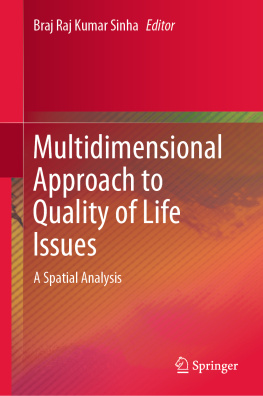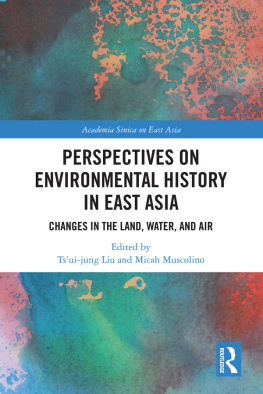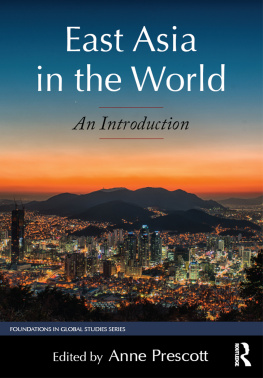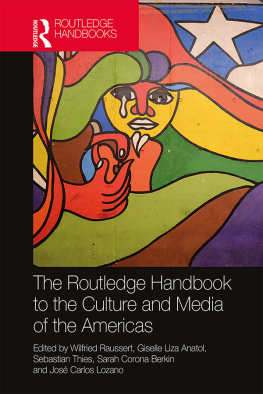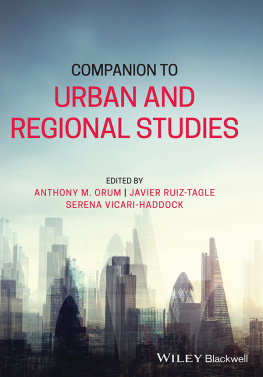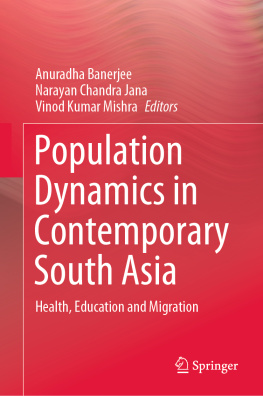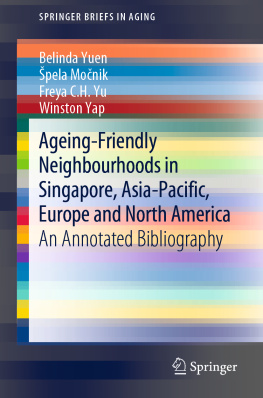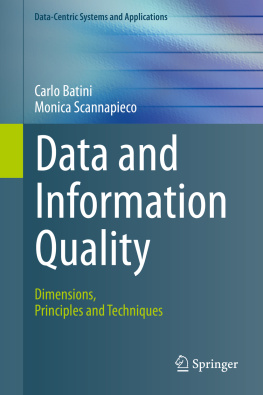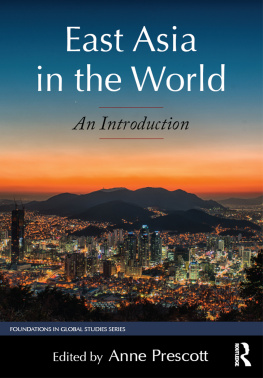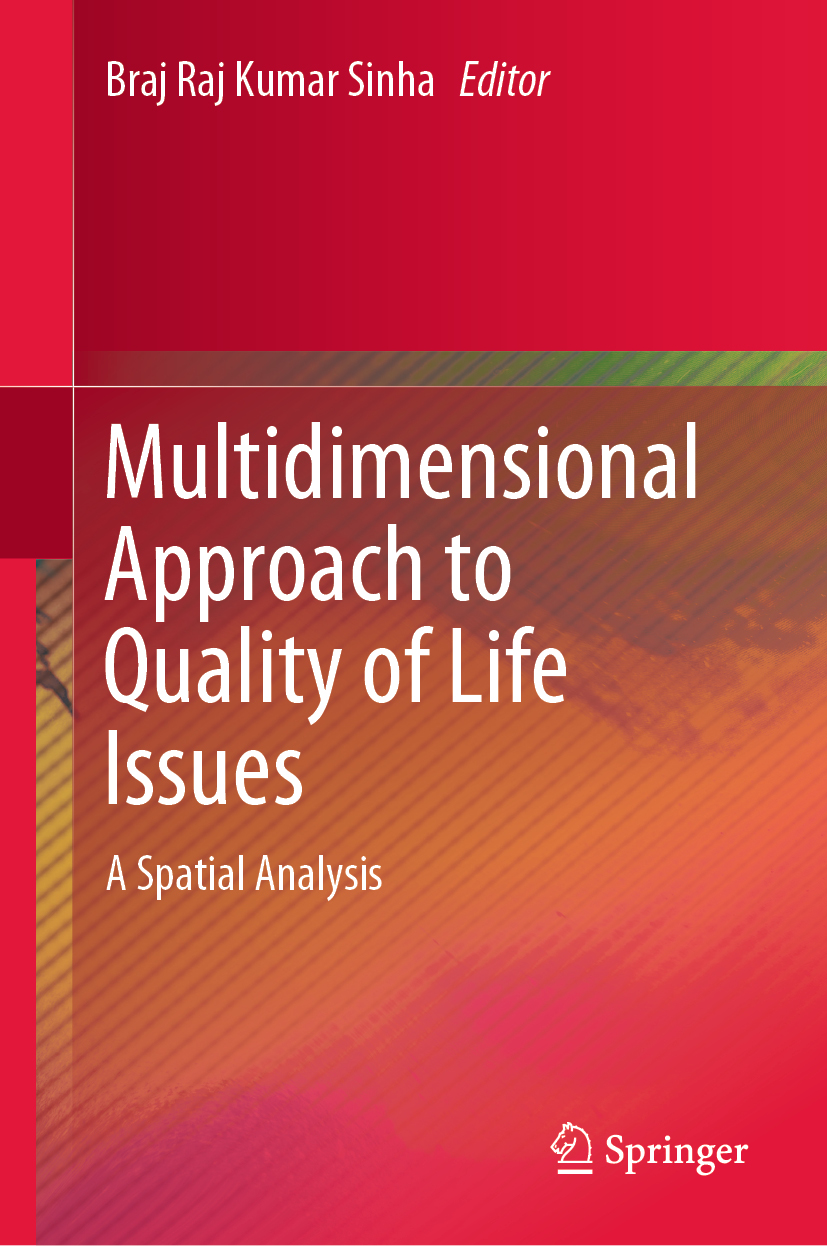Editor
Braj Raj Kumar Sinha
Department of Geography, Institute of Science, Banaras Hindu University, Varanasi, Uttar Pradesh, India
ISBN 978-981-13-6957-5 e-ISBN 978-981-13-6958-2
https://doi.org/10.1007/978-981-13-6958-2
Library of Congress Control Number: 2019934350
Springer Nature Singapore Pte Ltd. 2019
This work is subject to copyright. All rights are reserved by the Publisher, whether the whole or part of the material is concerned, specifically the rights of translation, reprinting, reuse of illustrations, recitation, broadcasting, reproduction on microfilms or in any other physical way, and transmission or information storage and retrieval, electronic adaptation, computer software, or by similar or dissimilar methodology now known or hereafter developed.
The use of general descriptive names, registered names, trademarks, service marks, etc. in this publication does not imply, even in the absence of a specific statement, that such names are exempt from the relevant protective laws and regulations and therefore free for general use.
The publisher, the authors and the editors are safe to assume that the advice and information in this book are believed to be true and accurate at the date of publication. Neither the publisher nor the authors or the editors give a warranty, expressed or implied, with respect to the material contained herein or for any errors or omissions that may have been made. The publisher remains neutral with regard to jurisdictional claims in published maps and institutional affiliations.
This Springer imprint is published by the registered company Springer Nature Singapore Pte Ltd.
The registered company address is: 152 Beach Road, #21-01/04 Gateway East, Singapore 189721, Singapore
Foreword by P. P. Karan
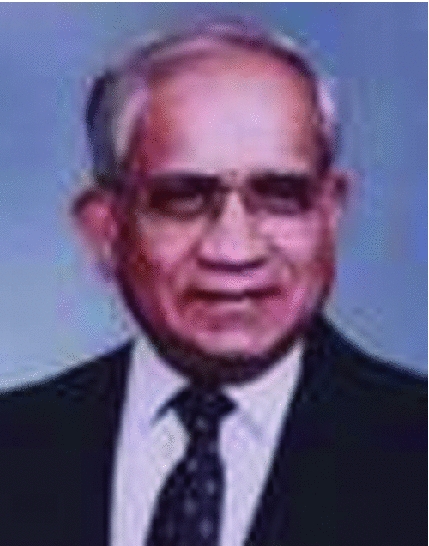
Professor Braj Raj Kumar Sinhas edited volume on the quality of life comes not a moment too soon. The quality of life has stagnated in most countries. In addition to economic, environmental and social evaluations of both positive and negative aspects of life, aspects of culture, values and spirituality are also the key domains of the overall quality of life. This book contributes to the overall assessment of the quality of life in various regions and countries. The contributors brought together in this volume represent some of the most incisive minds working on various aspects of the broader quality of life in various areas of the world. They are experts and researchers. Their individual insights and findings have been drawn together and multiplied through the masterful curation of Prof. Sinha, who has a rich tradition of scholarly research focused on human resources and the quality of life. This book brings insight and ideas on the quality of life from scholars around the world, and their expertise on the topic is deep and broad. Focusing on a range of key issues, the book has captured the scale and complexity of as well as the need for resetting policies at the national and state levels. It is rare to find a group of scholars as accomplished and diverse as those represented in this volume. Their research builds a strong foundation for a real dialogue about the quality of human resources at a time when a generational change in human resources will set the course for decades to come.
This book will promote an international conversation which will help provide a crucible for new ideas and a new commitment to research that could restore the path to a better quality of life. This excellent volume will be a very valuable resource to key policy framers and decision-makers as well as scholars in social sciences interested in the quality of human resources.
Prof. P. P. Karan University Research Professor, Department of Geography, College of Arts and Science, University of Kentucky
Lexington, KY, USA
March 2018
Foreword by Sudeepta Adhikari
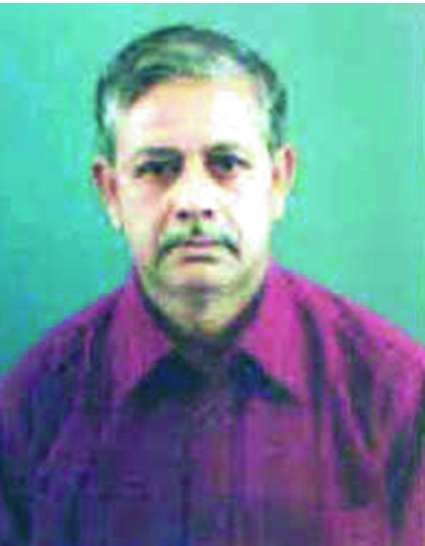
Multidimensional Approach to Quality of Life Issues: A Spatial Analysis is an edited volume by Prof. Braj Raj Kumar Sinha that necessarily comprises chapters on various issues, pertaining to the quality of life. Contributors of the chapters of the book, belonging to the countries of the developed world, developing world and underdeveloped world, or more specifically of the countries of the core economy, peripheral economy and semi-peripheral economy, have attempted to elucidate the meaning of the quality of life in their respective countries through their valued contributions. Contributors of the developed and/or the core economy countries like the USA, the UK and Canada in their respective contributions to the volume have attempted to reveal their conceptualizations of the quality of life, and impending issues, while the contributors of the peripheral countries (vast majority of the countries of the world belong to the category of the peripheral economy, with no role, or stake in the world economy) like Nigeria, Romania, Bangladesh, Nepal, Sri Lanka, etc., in their respective contributions to the volume have spoken of it in different ways, which do not specify clearly the philosophical and methodological stances of the quality of life. The contributors of the semi-peripheral countries like China and India in their respective contributions to the volume have drawn a parallel between the developed and underdeveloped episteme of the quality of life and made their deductions over the issues. Conceptually, the concept of the quality of life is multidisciplinary, and as such, it is holistic, because it incorporates every aspect of humans daily life in its fold. It is not exclusively economic; rather, it has cultural, social, political and recreational underpinnings. The volume is well expressive of the varied views of different corners of the world on the quality of life and related issues of it. Most of the contributions to the volume are scientific in nature, but a few contributions reveal a sustained kind of phenomenological underpinnings. The volume is, therefore, characterized by such contributions that tend to make it an exemplar that might open up new opportunities for further researches (both applied and fundamental) on the quality of life. The edited volume will be highly useful to academics, bureaucracy and planners, particularly those involved and engaged in both micro-level planning and macro-level planning, pertaining to improving and enhancing the human quality of life.


